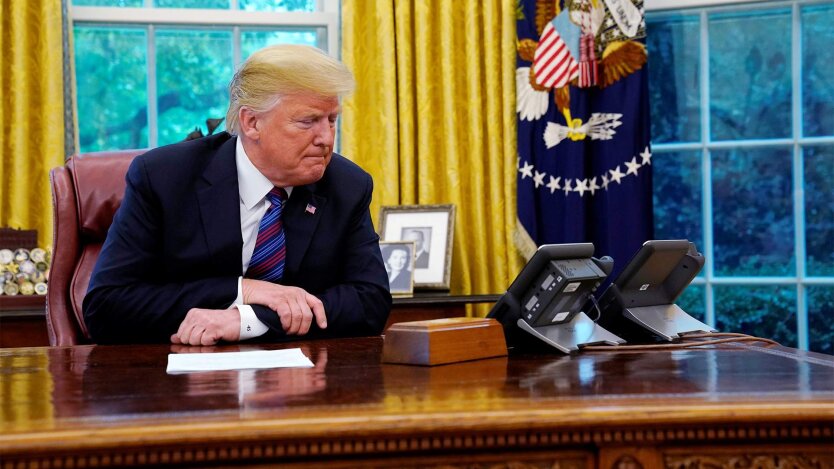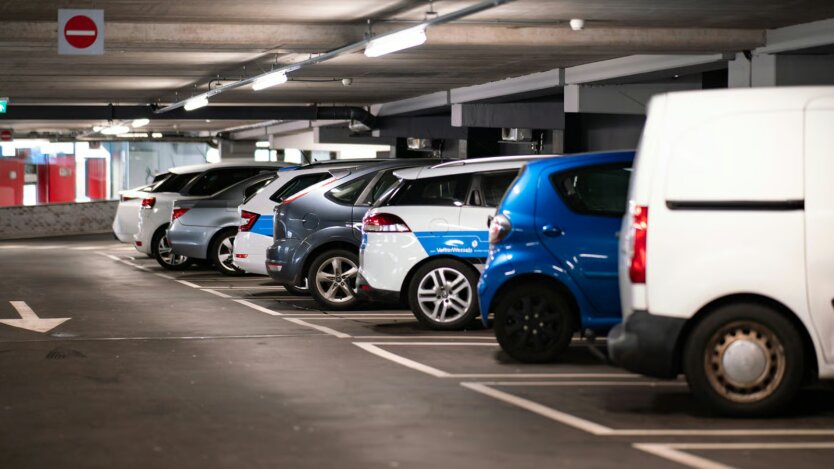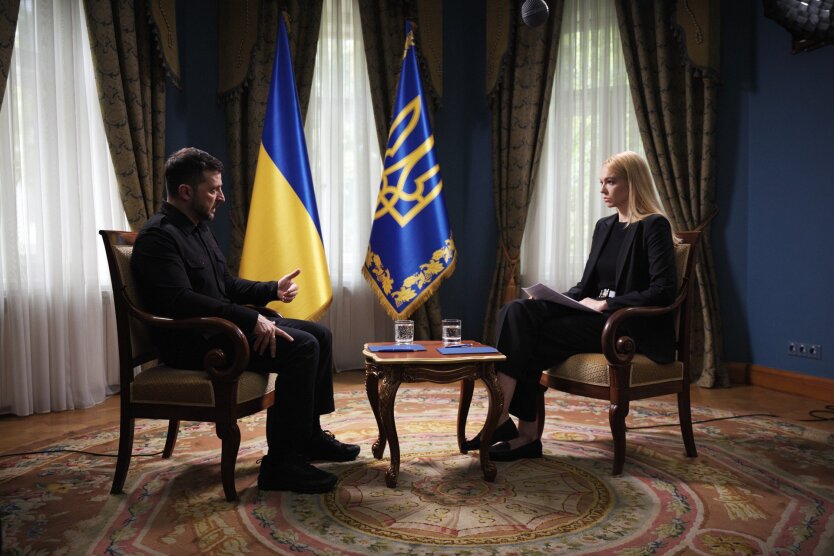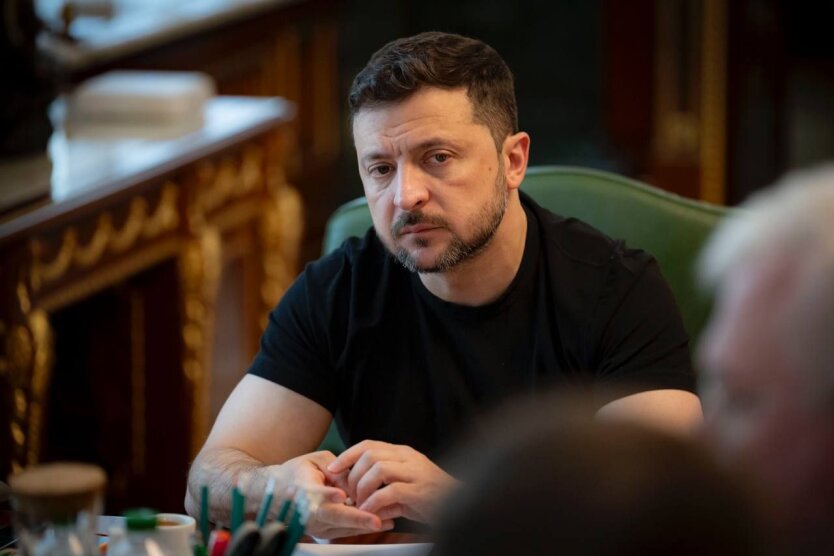Biometrics instead of stamps: EU changes entry rules for Ukrainians.

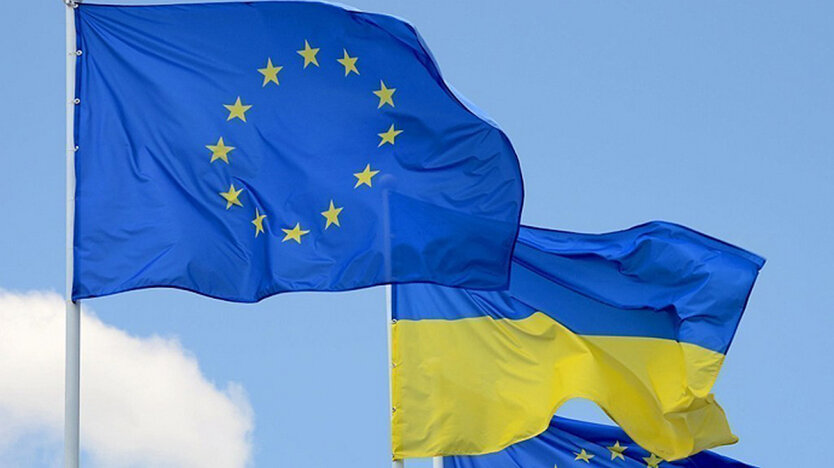
EU introduces new border control system
Starting from November 10, the European Union is implementing a new border control system, abandoning traditional manual passport control when entering the Schengen area. The changes will affect citizens of countries outside the EU who are arriving for short-term stays.
EES is an advanced monitoring technology for crossing the borders of the Schengen area by third-country nationals. In two months, travelers from other countries will encounter an updated border control procedure. The automated system will replace the outdated method of stamping passports, increase security at the borders, and assist in combating illegal migration.
During the first visit, travelers will undergo biometric registration, storing data in the system for three years. Refusal to provide biometric data will result in a ban on entry.
During subsequent trips, the information will be checked using part of the biometric data, most likely through face scanning. The system will not apply to individuals who have residence permits in EU countries or long-term visas.
The digital EES system will replace the usual passport stamps at checkpoints and airports. Travelers will use self-service terminals to scan travel documents. The system will record personal data, biometric information, date and place of crossing the border, and calculate the length of stay in the Schengen area to ensure compliance with the 90/180-day rule.
The new control system will be operational in all EU countries except Cyprus and Ireland, where the traditional procedure will remain, as well as in Iceland, Liechtenstein, Norway, and Switzerland, which are not EU members.
The system is expected to simplify the border crossing process.
Read also
- Mobilization of Educators in Summer: Which Teachers Will Have to Appear at the TCC
- Putin in conversation with Trump named a date for continuing dialogue with Ukraine
- No parking spaces, fines are record high: Popenko talked about how drivers are suffocated without alternatives
- How to Stop Putin: Zelensky Named Key Instruments
- Zelensky responded to rumors about an offensive in Dnipropetrovsk region
- Trap for drivers: Popenko spoke about another robbery of Ukrainians


